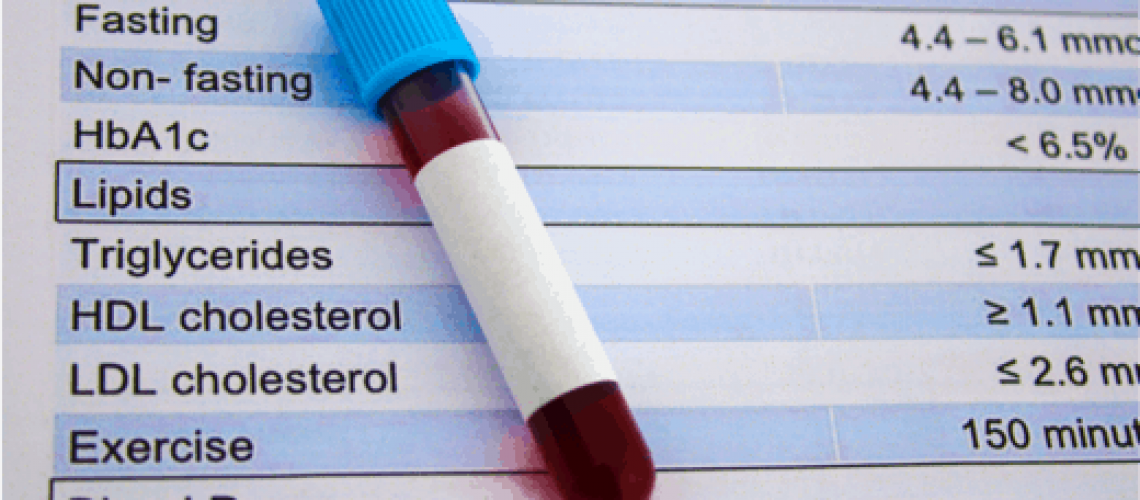Heart disease is the leading cause of death worldwide and there are an estimated 460 deaths from heart attacks every day in the UK, according the British Heart Foundation.
The inner lining of blood vessels should be smooth and unobstructed, but fatty deposits can begin to line the arteries and cause them to fur up, making them irregular and narrower. Over time the fatty deposits can become more calcified and develop into plaques, which are at risk of rupture, the substrate for a heart attack.
Lowering cholesterol has been proven to reduce the risk of heart and stroke and statins, which do just that, are the most commonly prescribed drug in the UK. Statins do not just lower cholesterol, however, they also stabilise plaques in the coronary arteries and make them less likely to rupture. Although the effects of statins on the cardiovascular system are overwhelmingly positive, in some people cholesterol levels do not come down to within recommended limits despite the maximum dose of the drug.
A more recent drug class known as the PCSK9 inhibitors are given by injection every two to four weeks and are highly effective in reducing cholesterol levels with minimal side-effects. However, they are very expensive, costing around £5,000 per year, and their use is therefore understandably very restricted on the NHS.
A completely novel drug, inclisiran, is subtly different from the PCSK9 inhibitors and has been investigated in recent clinical trials. It acts in a slightly different way from the PCSK9 inhibitors but is also given by injection. Once stable on the drug it only needs to be given every six months, which is a far more attractive option than needing injections every two to four weeks. It has been recommended by NICE (the National Institute for Health and Care Excellence) but again is restricted in use to higher risk patients who, despite maximum tolerated cholesterol lowering therapy, still have an LDL cholesterol persistently above 2.6 mmol/L.
Click here for the statement issued by NICE on 1 September 2021 announcing inclisiran’s approval.
